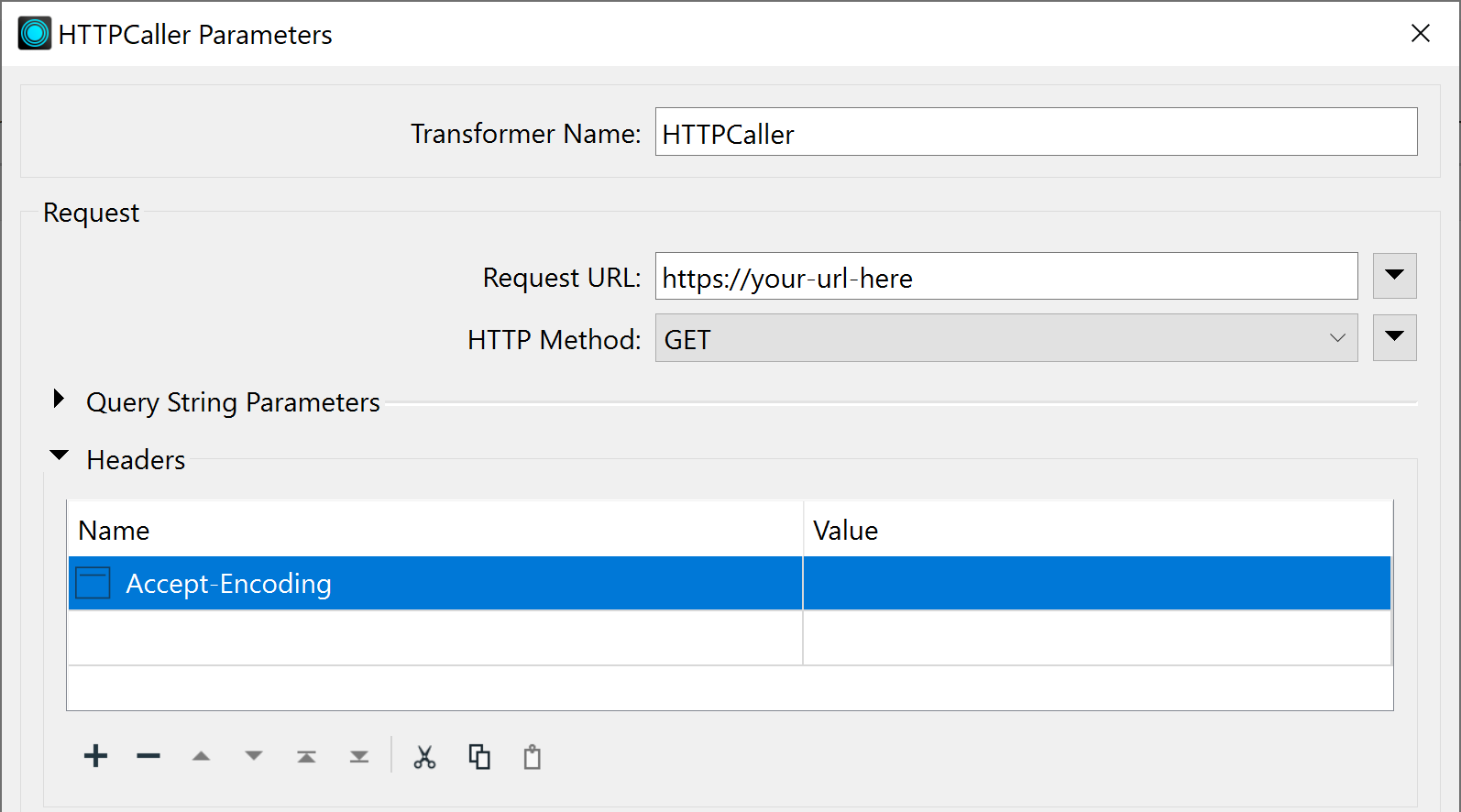We have a series of API calls to a Bentley API which have been working fine until recently and are still working fine in Postman. We have a GET request in FME which returns a “HTTP/1.1 403 Forbidden” error.
We have been through this with Bentley support and have found the source of the issue is related to the Content-Transfer-Encoding header. Bentley's API’s security rules have recently been updated to block requests which contain the ‘Content-Transfer-Encoding’ header. This is because the header has been deprecated and has the potential to be a security vulnerability.
FME seems to default send "Content-Transfer-Encoding: binary" with the GET request and there doesn't appear to be an option to change it. Does anyone have any ideas about how we can get round this?
Thanks in advance!









